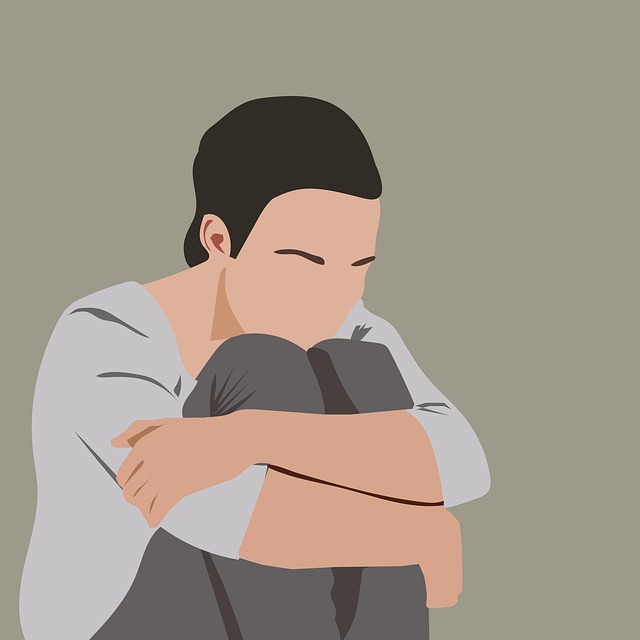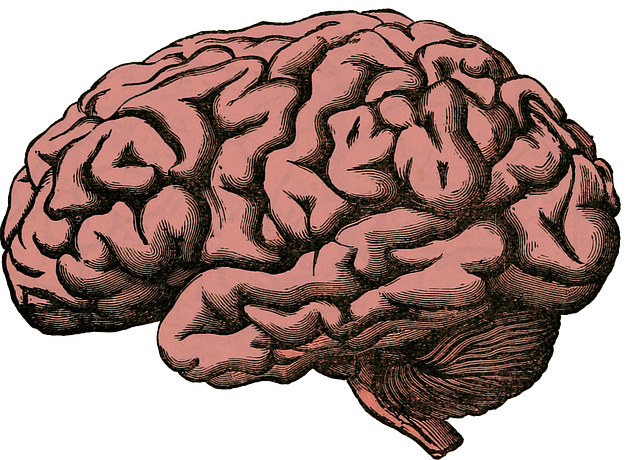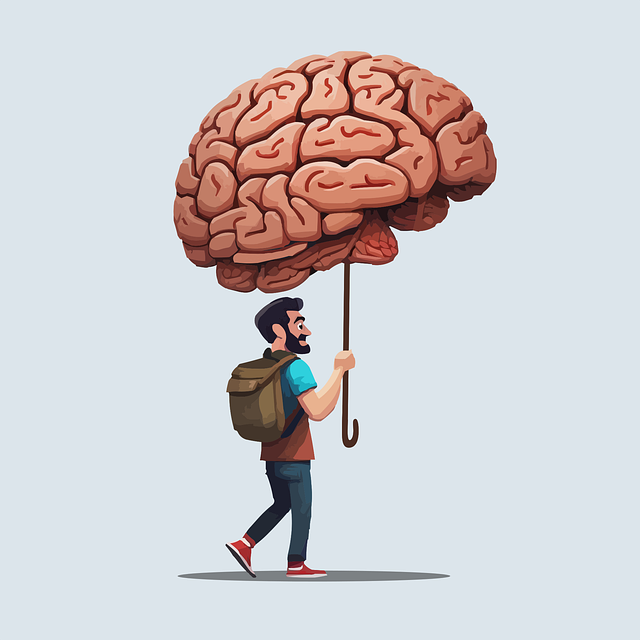Chronic stress can lead to burnout, but Broomfield Cognitive Processing Therapy (BCPT) offers a personalized solution. This therapy targets negative thought patterns and teaches healthier coping strategies, preventing stress-related issues like depression. Combining BCPT with lifestyle changes and communication skills enhances mental wellness holistically, making it an effective tool for community outreach and individual growth. By integrating BCPT into policy advocacy and emotional intelligence education, we can create a supportive environment that promotes overall mental well-being.
Stress reduction is a vital component of maintaining mental well-being. In this comprehensive guide, we explore effective methods to combat stress and promote a healthier mind. From understanding the profound impact of chronic stress to discovering powerful tools like Broomfield Cognitive Processing Therapy, this article covers various strategies. We delve into lifestyle changes, offering practical tips for daily stress reduction, and introduce complementary techniques to enhance overall stress alleviation.
- Understanding Stress and Its Impact on Mental Well-being
- Broomfield Cognitive Processing Therapy: A Powerful Tool for Stress Management
- Lifestyle Changes for Daily Stress Reduction
- Complementary Techniques to Enhance Stress Alleviation
Understanding Stress and Its Impact on Mental Well-being

Stress is a natural response to various life challenges, but chronic or prolonged stress can significantly impact mental well-being. It’s essential to understand that our minds and bodies are intricately linked; when we experience stress, it triggers a cascade of physiological reactions, affecting not just our emotions but also our physical health. Over time, persistent stress may lead to burnout, anxiety disorders, and even cardiovascular issues.
Broomfield Cognitive Processing Therapy (BCPT) is a highly effective approach to tackling these challenges. By focusing on identifying and changing negative thought patterns and behaviors, BCPT empowers individuals to develop healthier coping mechanisms. This therapy encourages clients to explore their thoughts, emotions, and actions, fostering mental wellness coaching programs that promote personal growth and resilience. Additionally, it plays a pivotal role in burnout prevention by teaching individuals how to manage stress and regulate their emotional responses, ultimately enhancing overall mental wellness development.
Broomfield Cognitive Processing Therapy: A Powerful Tool for Stress Management

Broomfield Cognitive Processing Therapy (BCPT) is a highly effective approach to managing stress and anxiety, making it a valuable tool in any stress reduction arsenal. This form of therapy focuses on identifying and changing negative thought patterns that contribute to stressful situations. By challenging and reframing these thoughts, individuals can gain a healthier perspective, leading to reduced stress levels and improved mental wellness.
BCPT is not just a one-size-fits-all method; it’s tailored to each person’s unique needs. Through a structured process, therapists help clients understand the connection between their thoughts, feelings, and behaviors. This awareness enables individuals to develop coping strategies that are both effective and sustainable. The therapy has proven beneficial in various settings, including community outreach programs, where its implementation can significantly enhance anxiety relief among participants. Even those who prefer alternative learning methods can benefit through engaging mental wellness podcast series production, making BCPT accessible to a wide range of people seeking stress management solutions.
Lifestyle Changes for Daily Stress Reduction

Incorporating lifestyle changes is a powerful tool for daily stress reduction. This involves adopting a holistic approach that combines physical well-being with mental resilience. Regular exercise, such as brisk walks or yoga, releases endorphins known to boost mood and reduce tension. Additionally, cultivating mindfulness through practices like Broomfield Cognitive Processing Therapy (BCPT) helps individuals manage stress by focusing on the present moment, challenging negative thought patterns, and promoting a sense of calm.
The Mind Over Matter principles can significantly contribute to depression prevention by teaching effective coping strategies. Simple techniques such as deep breathing exercises, meditation, and maintaining a balanced diet support overall mental health. Moreover, improving communication skills through therapy sessions enhances relationships, reduces interpersonal stress, and fosters a supportive network—crucial components in managing daily stressors.
Complementary Techniques to Enhance Stress Alleviation

Stress reduction is a multifaceted approach that often involves complementary techniques to enhance overall well-being. Beyond traditional stress management strategies like exercise and mindfulness, various therapeutic methods have proven effective in alleviating stress and improving mental health. One such powerful tool is Broomfield Cognitive Processing Therapy (BCPT), which focuses on identifying and challenging negative thought patterns. By modifying cognitive processes, BCPT helps individuals gain a healthier perspective on stressful situations, fostering emotional resilience.
Integrating these therapeutic practices into one’s self-care routine can be highly beneficial. For instance, combining BCPT with Mental Health Policy Analysis and Advocacy can create a supportive ecosystem where individuals are empowered to manage stress effectively. Moreover, enhancing Emotional Intelligence through education programs designed for mental health awareness can further aid in recognizing and regulating emotions, contributing to a holistic approach to stress reduction.
In conclusion, managing stress is a multifaceted approach that combines understanding its effects on mental well-being, utilizing evidence-based techniques like Broomfield Cognitive Processing Therapy, adopting beneficial lifestyle changes, and exploring complementary practices. By integrating these strategies into daily routines, individuals can effectively reduce stress levels, promote resilience, and enhance overall mental health.










